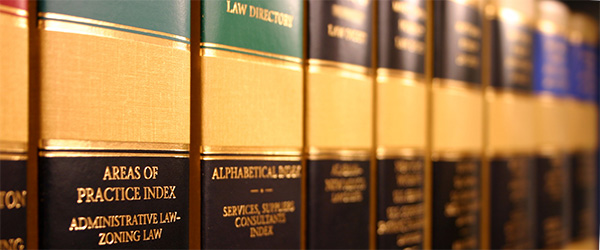Cybersecurity law is a relatively new and evolving part of the complex finance and technology (aka "fintech") industry. Cybersecurity involves understanding where a data breach may occur, how to protect clients’ confidential information, and what to do to mitigate or respond in the event of a breach. Cybersecurity lawyers therefore need to know about the numerous complex data and privacy laws both in the U.S. and globally. These include federal and state privacy and confidentiality laws, as well as international regulations and requirements.
Cybersecurity lawyers also need to understand how all the various laws may relate to and affect data security, as well as how the underlying technology works in the areas in which they are interested in practicing. As with all areas tech-related, cybersecurity law provides unique opportunities for tech-savvy (or tech-interested) students.
In the private sector, lawyers who specialize in cybersecurity tend to work in a mid-sized or large law firm. They advise clients on complying with the many interconnected statutes and regulations that may apply, assist them with helping to mitigate damages because of a breach, or defend against an investigation into corporate security practices. In-house counsel and corporations have an increasing demand for legal assistance in most (if not all) economic sectors due to the increasing risk of a data breach, ransomware, and the sensitive nature of client data. Consulting firms are further providing some employment prospects in this area. Some opportunities may also be present in the public sector, particularly with federal and state government agencies.
Courses
Courses designated as "primary" are foundational, while those listed as "secondary" contain relevant and related content. "Co-curricular" courses are credit-bearing extra-curricular activities, while "experiential" courses are practice-based offerings. Please keep in mind that the focus of any course will vary depending on the instructor.
Primary Courses
Secondary Courses
Experiential Courses
Faculty
The following faculty are knowledgeable about the topic and may be a useful resource for you.

Professor of Practice


